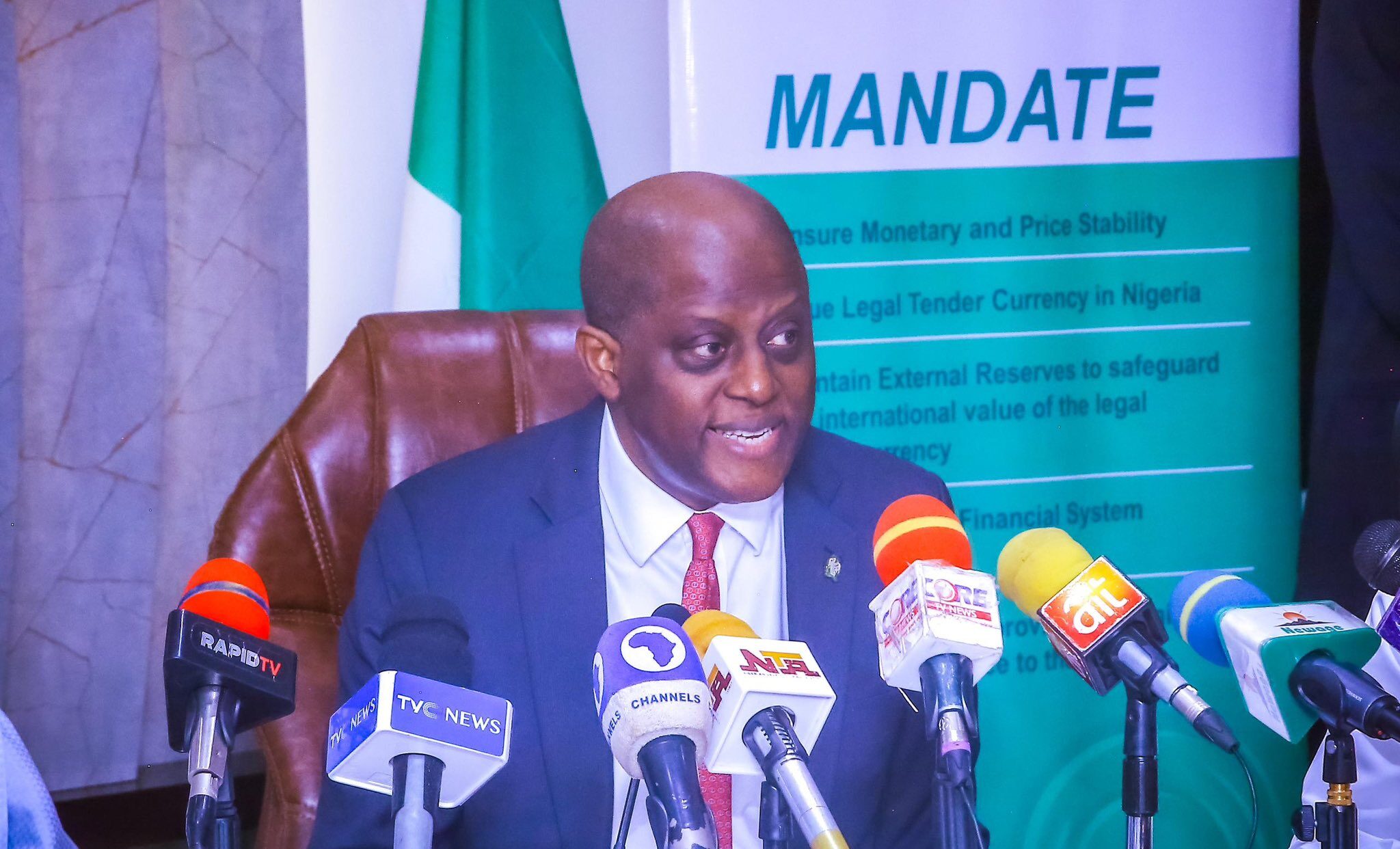Breaking: CBN Raises Interest Rate by 50 Basis Points: What It Means for Nigerians
Advertisements
CBN Raises MPR by 50 Basis Points.
Abuja, Nigeria – The Central Bank of Nigeria (CBN) has announced a 50 basis point increase in the Monetary Policy Rate (MPR), raising it from 26.25 percent to 26.75 percent. This decision was disclosed by Mr. Yemi Cardoso, the Governor of the CBN, during the presentation of the communiqué from the 296th meeting of the Monetary Policy Committee (MPC) held on Tuesday.
The MPC also revised the Asymmetric Corridor around the MPR to +500/-100 basis points, a significant adjustment from the previous +100/-300 basis points.
Advertisements
Read Also :Akpabio apologises to Natasha Akpoti over NIGHT CLUB comment
It is in this framework of fine-tuning the monetary policy transmission mechanism and managing simultaneously inflationary pressures that this corridor adjustment takes place.
Advertisements
The Governor, Cardoso, has underscored that the reason for raising the MPR was for inflation control and the stability of the economy. He added that the decisions taken by the MPC are very critical to striking a balance between growth and control of inflation.
Read Also : Breaking: Popular Police Inspector Takes His Life
This increase in MPR is bound to have an effect on both borrowing costs and investment decisions, since the base interest rate would be what the banks use to lend at certain rates to businesses and consumers.
This fine-tuning of the asymmetric corridor underscores the commitment that CBN has promised towards monetary stability and engagement with the real challenges of the economy.
This development has caused chain reactions from economists and financial analysts who were keenly waiting to see how this measure would impact the economy at large, especially on prospects for taming persistent inflation and prospects for growth.
What it means for Nigerians?
More Expensive Borrowing: Loans used to finance personal and business consumption will grow pricier as banks increase their interest rates.
Decreased Consumer Spending: If interest rates increase, individuals will spend less, especially on big-ticket items such as houses and cars.
Controlling Inflation: The growth is meant to rein in inflation but might have the short-term effect of stifling economic growth.
Higher Interest on Savings: Banks are expected to increase their rates on savings accounts or fixed deposits, which will induce more savings.
Exchange Rate Stability: The higher rates are likely to bring in foreign investment and thus reduce the level of fluctuations of the Naira.
Government Borrowing: The government is likely to borrow expensively, and this influences public spending investments on services and infrastructure.

